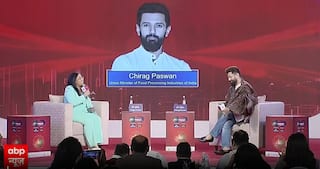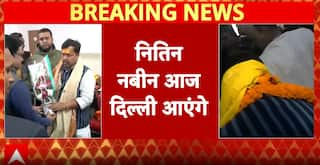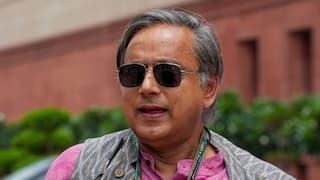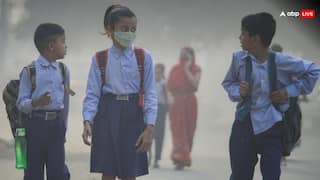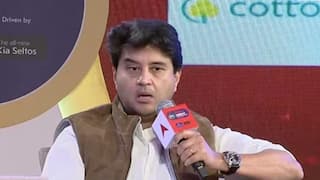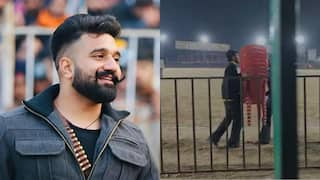Explorer
From Ammu to Amma: The life and times of Jayalalithaa
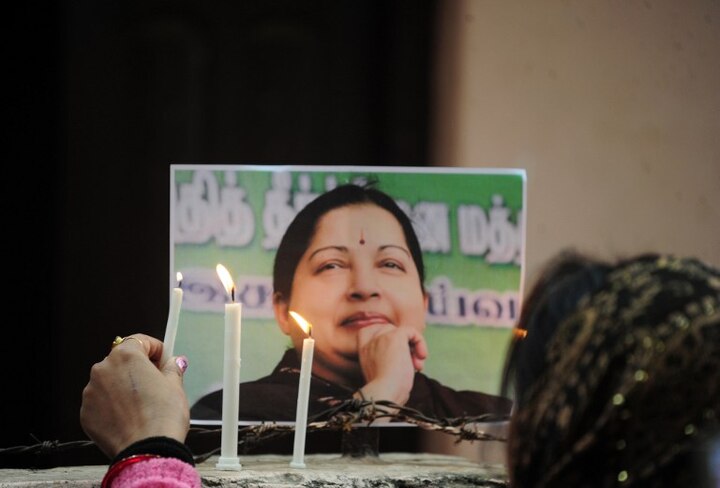
CHENNAI: Jayalalithaa's death robs Tamil Nadu politics of its most dominant player, leaving a vacuum her party would struggle to fill. When her mentor and former chief minister MGR died in 1987, Jayalalithaa was waiting in the wings to don his mantle. She soon established a stranglehold over the AIADMK and led it to power four years later. No such charismatic personality, able to step into her shoes, hovers on the sidelines now. First off, her shoes are too big to fill. Second, she never groomed a second line of leadership. Everything in the party centred on her. On the two occasions that court verdicts had unseated Jayalalithaa, her substitute O. Panneerselvam merely took orders from her. Discussions about Jayalalithaa's possible successor, therefore, tend to throw up the shadowy figure of her controversial aide Sasikala. "For someone so intelligent, it's a shame that she failed to nurture a good second line, probably because of pressure from the Sasikala clan who wanted total control of the party apparatus," a retired police chief observed. "It would be a tragedy if her party withers away after her for the lack of good leadership. Jayalalithaa used to proudly declare that her party had more than one crore members. Now the cadres, who looked up to her as their mother, would feel orphaned and face the prospect of political destitution." A reluctant entrant into films, Ammu, as her mother and MGR called her, rose to the top thanks to her screen presence and voice. Her fair complexion was a bonus, as was her convent English and the ability to carry off western clothes. "She was the only heroine who looked good in a miniskirt, and her English was flawless," veteran producer Balaji had said. During the 1960s, Jayalalithaa was MGR's first choice as heroine, starring opposite him in 28 films - more than any other actress. She also did memorable roles opposite the other titan of those times, Sivaji Ganesan. By the time she retired in 1977, Jayalalithaa had acted in 140 movies, mostly Tamil apart from a few Kannada and Telugu films. Five years later, MGR introduced her to politics. Jayalalithaa did not merely inherit her mentor's vote bank, she expanded it through her own charisma and nurtured it with freebies. Whether in personal or political life, she was mercurial. She made and unmade political alliances; adopted a son, held a lavish wedding for him and then disowned him. She made wild accusations against the state's governor in the Assembly. Jayalalithaa could get away with it all since it fitted in with her image as a strong-willed woman trying to make her way in a man's world. From an unsure Ammu she evolved into Amma (Mother) by the sheer force of her personality and wide political appeal. Even welfare schemes and products were rolled out under the "Amma" brand name. Riding that benevolent image she created history in the 2016 state elections by retaining power, a feat last achieved in Tamil Nadu by MGR in 1984. "Over the years, Jayalalithaa's image evolved from that of a fighter to a munificent empress. The public did not mind her authoritarian streak or other excesses as long as she took care of their basic economic needs," said Cho Ramaswamy, editor of Tamil magazine Thuglak and her long-time friend. Although she was not India's first woman chief minister, she was the longest serving among them and definitely one of the most important women politicians of her time. "It's difficult for a woman to be in politics in India. Often the abuses get too personal and you are expected to prove you are better than your male counterpart," she would say. Jayalalithaa apparently decided she needed to be ruthless and authoritarian to control a party dominated by men. The standoffishness she had acquired during her film career came handy in keeping hangers-on at bay. It may have tickled her to see her male subordinates stoop reverentially or fall at her feet in obeisance. She was also the only serving chief minister to have been convicted in a corruption case. She spent 20 days in a Bangalore jail in 2014 before receiving bail and eventually being acquitted by the high court. Her second term in 2001 too had been interrupted by a Supreme Court verdict that found her ineligible to be chief minister because of a prior conviction over a corrupt land deal. Jayalalithaa returned to her post after a few months, courtesy a high court acquittal." The Jayalalithaa years were marked by autocracy, secrecy, corruption and nepotism, unabashed sycophancy that fanned her personality cult, repression of the media, defamation cases against critics, spats with the Centre and prolonged battles with neighbouring states over water-sharing. But she projected herself as the true protector of Tamilian rights by citing favourable Supreme Court orders on the Mullaiperiyar Dam and the sharing of the Cauvery's waters. For someone who first came to power on an anti-LTTE wave after the group assassinated Rajiv Gandhi in 1991, she ironically ended up being seen as a champion of those convicted of Rajiv's murder by seeking their release in 2012.
Follow Breaking News on ABP Live for more latest stories and trending topics. Watch breaking news and top headlines online on ABP News LIVE TV
Read more










